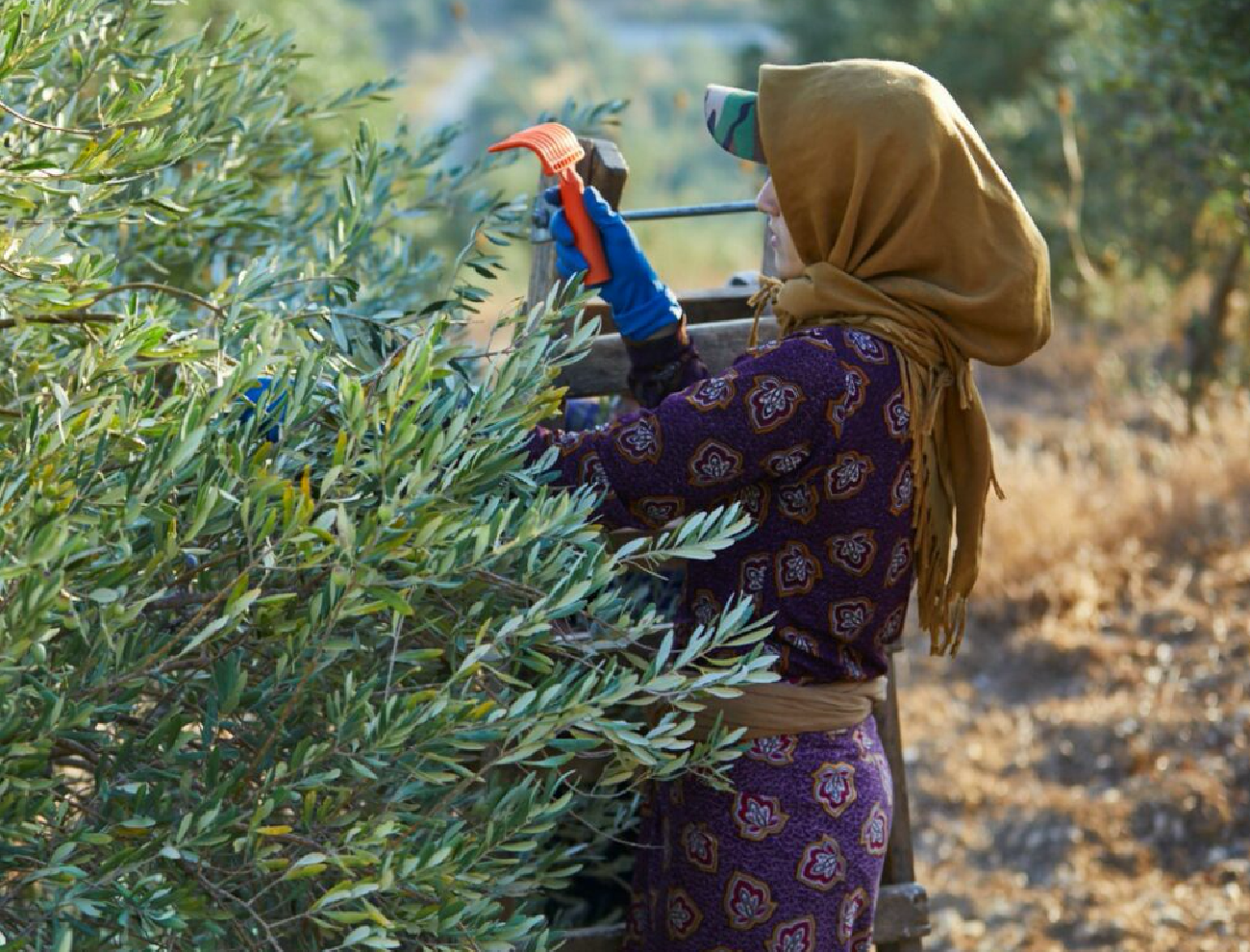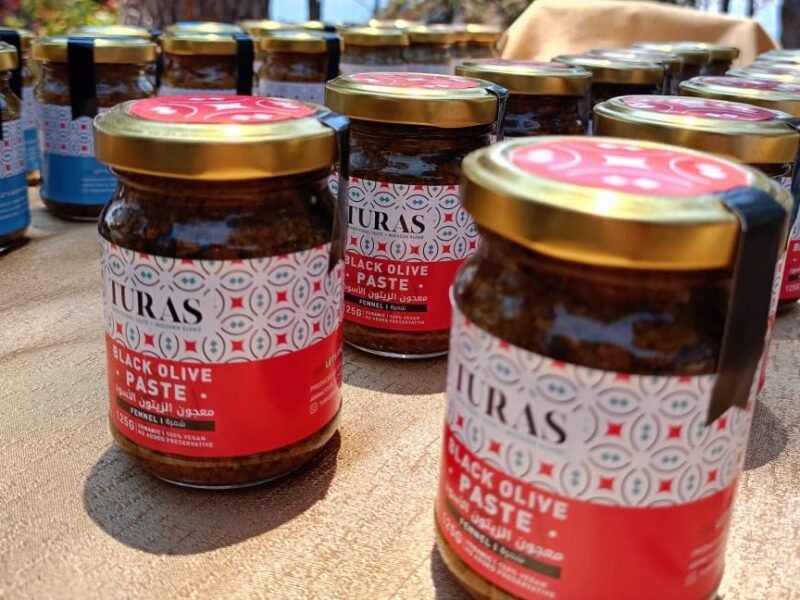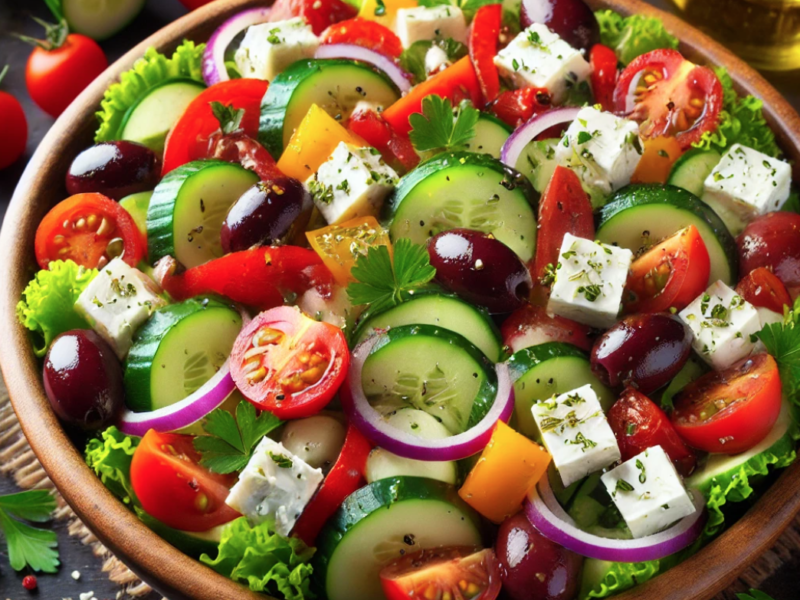
Lebanon Premium Olive: A Tradition Through Generations
Lebanon Premium Olive: A Tradition Through Generations
For centuries, Lebanon has been a land of rich culture and tradition, with its agricultural heritage at the heart of its identity. Among the jewels of Lebanon’s agriculture are its olives—long regarded as a symbol of strength, resilience, and history. Lebanon’s premium olives, particularly the Baladi olive, have been cultivated through generations, preserving both the flavor and the wisdom passed down through the ages.
The Legacy of Lebanese Olive Cultivation
Olives have been grown in Lebanon for thousands of years, dating back to ancient civilizations. The art of olive cultivation was handed down from one generation to the next, shaped by the unique geography and climate of the Lebanese landscape. The coastal and mountainous regions of Lebanon, with their rich soil and Mediterranean climate, provide the perfect environment for olives to thrive.
Today, the cultivation of olives remains deeply rooted in Lebanese culture. Many Lebanese families continue to tend to their olive groves just as their ancestors did, using traditional methods that have been perfected over time. These olives are hand-harvested and carefully processed to preserve their freshness, taste, and nutritional value, making them a symbol of Lebanon’s agricultural pride.
Baladi Olives: The Heart of Lebanese Olive Oil
The Baladi olive is the cornerstone of Lebanon’s olive industry, known for its unique, robust flavor. Its slightly tangy and rich taste sets it apart from other varieties, making it the preferred choice for high-quality olive oil and olive paste. The balance between the natural saltiness of the olive and its smooth, full-bodied texture makes it ideal for producing products that are synonymous with the Mediterranean diet.
Lebanon’s premium olives are not just about quality—they represent a deep connection to the land, to family traditions, and to the people who work tirelessly to bring them to life. These olives are not mass-produced but are a labor of love and care, cultivated by farmers who honor their heritage.
From Tradition to Innovation
While the cultivation of olives in Lebanon is steeped in tradition, innovation is key to ensuring these time-honored practices continue to thrive. At Turas, we strive to bring the rich flavors of Lebanon’s olives into the modern world. By combining traditional methods with contemporary production techniques, we offer products that connect the past to the present.
Our Squeezable Olive Paste, for example, takes the authentic taste of Lebanese olives and transforms it into a convenient, easy-to-use product. Infused with unique flavors such as thyme and chili, our olive paste celebrates Lebanon’s agricultural heritage while making it easier for today’s consumers to enjoy the bold flavors of the Mediterranean.
Sustaining Lebanon’s Olive Heritage
In addition to producing high-quality products, the cultivation of premium Lebanese olives helps sustain the livelihoods of local farmers. By supporting sustainable practices and promoting fair trade, we ensure that the traditions of olive cultivation continue to benefit future generations. Lebanon’s olive industry is not just about preserving an ancient tradition; it’s about creating economic opportunities for rural communities and keeping the cultural heritage alive.
A Taste of Lebanon in Every Bite
The story of Lebanon’s premium olives is one of tradition, resilience, and a deep connection to the land. Whether enjoyed in its purest form as olive oil, in dishes like hummus and tabbouleh, or in our Squeezable Olive Paste, these olives carry with them the essence of Lebanon’s agricultural legacy.
At Turas, we invite you to experience the flavors of Lebanon’s premium olives—a tradition that has been passed down through generations and continues to thrive today. With every bite, you’re not just tasting a product; you’re tasting history, culture, and the dedication of the people who have cultivated these olives for centuries.




